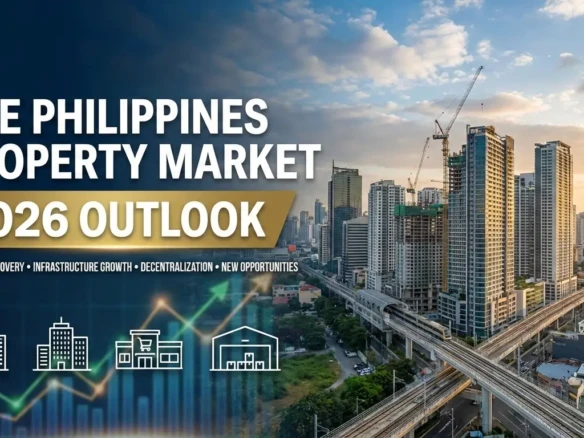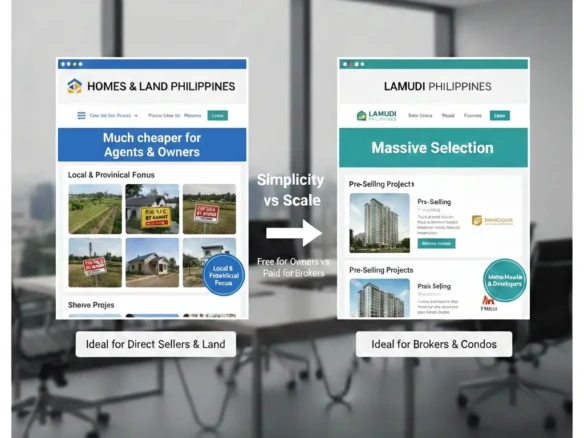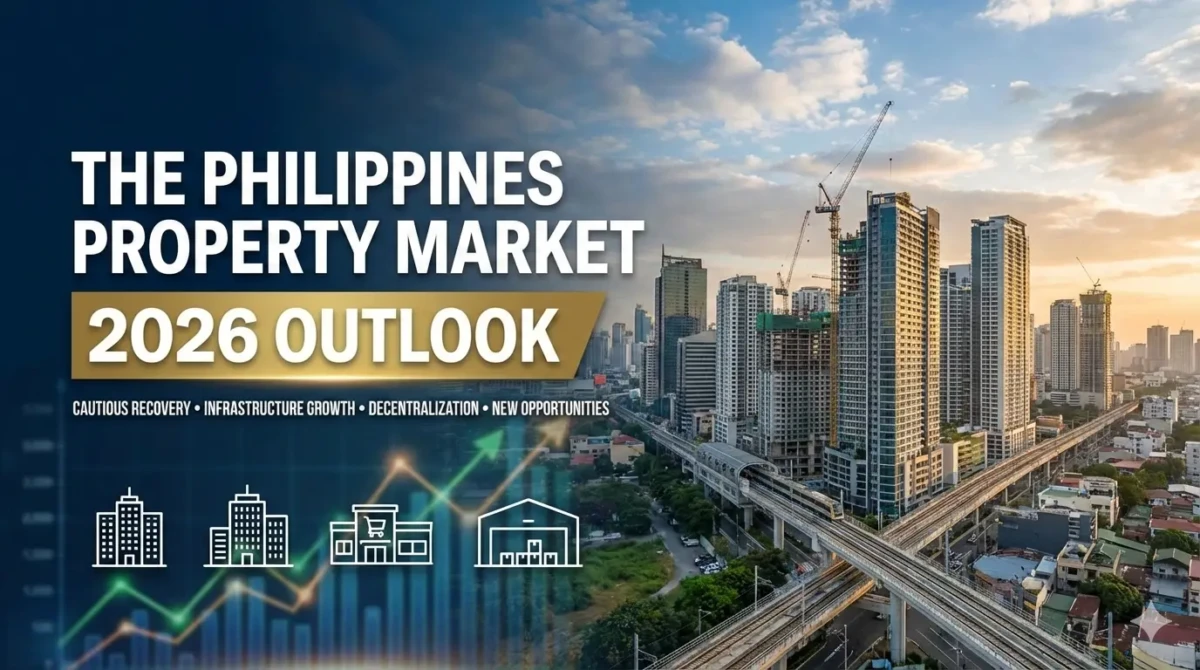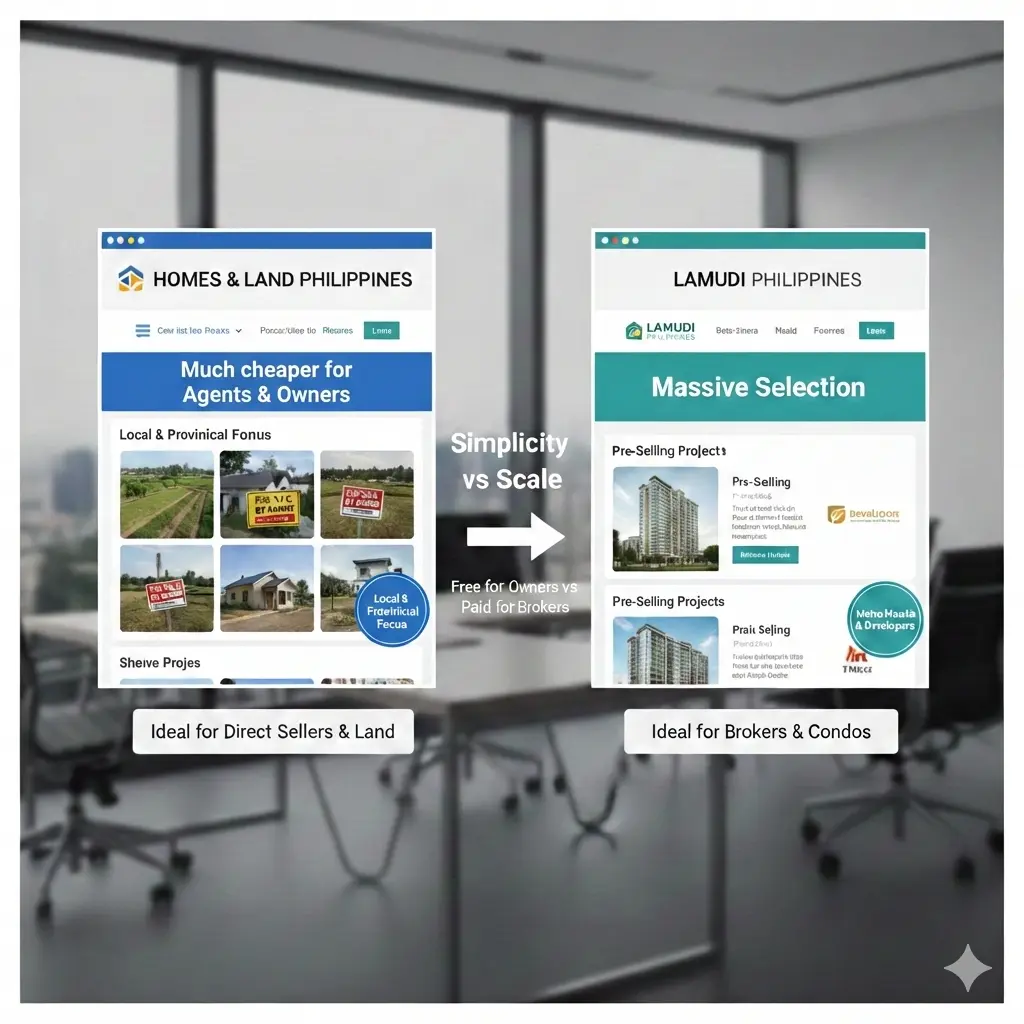- Where to Really Start with Philippine Real Estate Online: A No-BS Breakdown
- What’s Out There: A Quick Take on the Big Names
- The Quiet Game-Changer: Homes and Land PH
- Rookie Mistakes That Cost You (And How to Dodge Them)
- Why Sellers Struggle (and How to Fix It)
- The Single Most Overlooked Factor: Responsiveness
- The Shift: Where the Market Is Heading
Where to Really Start with Philippine Real Estate Online: A No-BS Breakdown
Let’s be honest. Buying or selling property in the Philippines online feels like walking through a maze of dead ends. Search “house for sale in Quezon City” or “beachfront lot in Cebu” and you’ll be buried under dozens of similar-looking sites. But which platforms actually help you close a deal?
This no-BS guide breaks down what works, what doesn’t, and a smarter place to start. Real talk only: we’re going beyond brand hype to spotlight what real buyers and sellers experience.

What’s Out There: A Quick Take on the Big Names
1. Lamudi PH
The Lamudi filipino site is everywhere. If you Google real estate in the Philippines, chances are they’re top of the results. They’ve got the reach, the ads, and the listings. But here’s the catch: filters are glitchy, listings are often outdated, and some agents never reply. If you’re in a rush or serious about closing, it’s hit or miss.
2. Real.ph
Real.ph has a sleek interface and modern design. It’s clearly trying to make the process better for both buyers and agents. But it’s still growing. In some provinces, you’ll find very few listings. It’s promising—but not quite there yet.
3. The Real Estate Group PH
The Real Estate Group PH is tailored for the BGC, Rockwell, and Ayala Alabang crowd. If you’re shopping in those price ranges, you might love it. But for the average Pinoy buyer? Probably not the best fit.
4. Dot Property PH
Dot Property has a massive inventory, but quantity isn’t quality. Listings sometimes sit for months without updates. Expect response delays and a clunky user experience.
How to Tell If a Real Estate Agent Is Actually Legit
One of the biggest traps buyers and sellers fall into? Trusting the first agent that replies. Just because someone posts on a platform—or wears a polo with a logo—doesn’t mean they’re licensed or even reliable.

A popular Reddit thread on r/phinvest shows just how often people get ghosted, misled, or straight-up scammed by unverified “agents.” And this happens even on big platforms.
Here are some tips (based on actual community comments) to avoid getting burned:
🔍 Ask for their PRC or DHSUD license number
Every legit agent or broker should have one. You can cross-check it on the PRC website or the DHSUD site. If they can’t provide it, walk away.
💬 Check how they communicate
Do they answer your questions clearly? Are they pushy or evasive? If they dodge simple stuff like location, payment terms, or property history, that’s a red flag.
📱 Look them up
Many real agents have Facebook pages or LinkedIn profiles. Check if they’ve got reviews, real listings, and proof of previous deals. No presence? Be cautious.
💡 Comment from r/phinvest:
“If they can’t even provide the basic docs or license number, don’t waste time. So many ghost agents out there.”
The Quiet Game-Changer: Homes and Land PH
Homes and Land doesn’t shout—but it delivers. Thinking of listing your property or just curious what it’s like? Inquire here at Homes and Land PH and see for yourself why more and more Pinoy sellers are switching:
-
🇵🇭 Built for Filipinos, by Filipinos
-
✨ Clean, no-fuss interface
-
🏝️ Smart filters for solar-ready homes, beachfronts, and more
-
📞 Agent support that actually replies
-
📢 Free promo via newsletters and social media
“I listed my small house in Laguna with them after being ignored elsewhere. Got real inquiries within the week. Way smoother than I expected.” – Clarisse, seller
Want the same results? Homes and Land keeps it simple. You list, they promote, and serious buyers come knocking. No stress, no chasing. Just results.

Rookie Mistakes That Cost You (And How to Dodge Them)
- Falling for Photos: A shiny gate and clean tiles can hide a leaky roof or rowdy neighbors. Inspect the place or have someone you trust check it.
- Skipping the Title Check: Always verify the title, check if taxes are current, and confirm if the seller has a Special Power of Attorney (SPA) when needed.
- Forgetting Transfer Costs: The sale price isn’t the final cost. Add 6–8% for taxes, legal fees, and processing. Don’t get blindsided.
- Not Verifying Location: Use Google Maps. Check for flood zones, noisy factories, or zero infrastructure before saying yes.
Why Sellers Struggle (and How to Fix It)
- Bad Photos: Use daylight. Clean up. Shoot wide angles.
- Wrong Price: Overpricing based on emotion or renovations won’t help.
- Boring Descriptions: Highlight what makes the place livable. Mention schools, transport, and if it’s flood-free.
The Single Most Overlooked Factor: Responsiveness
Real estate deals die in inboxes. If your agent takes three days to respond, imagine the paperwork. Look for platforms that prioritize communication. It’s the #1 trust signal.
The Shift: Where the Market Is Heading
Big platforms dominate search, but users are moving to local-first options that offer real service. People want agents who reply, listings that are updated, and filters that actually work.
Final Word
You don’t need 10 tabs open and a dozen group chats just to buy or sell property. Use a platform that respects your time, money, and sanity.
If you’re buying, make smarter moves with legit listings. If you’re selling, list where real buyers actually look—and your post doesn’t get buried.
Start smart with Homes & Land PH’s latest house and lot listings—updated, verified, and ready when you are.







Join The Discussion